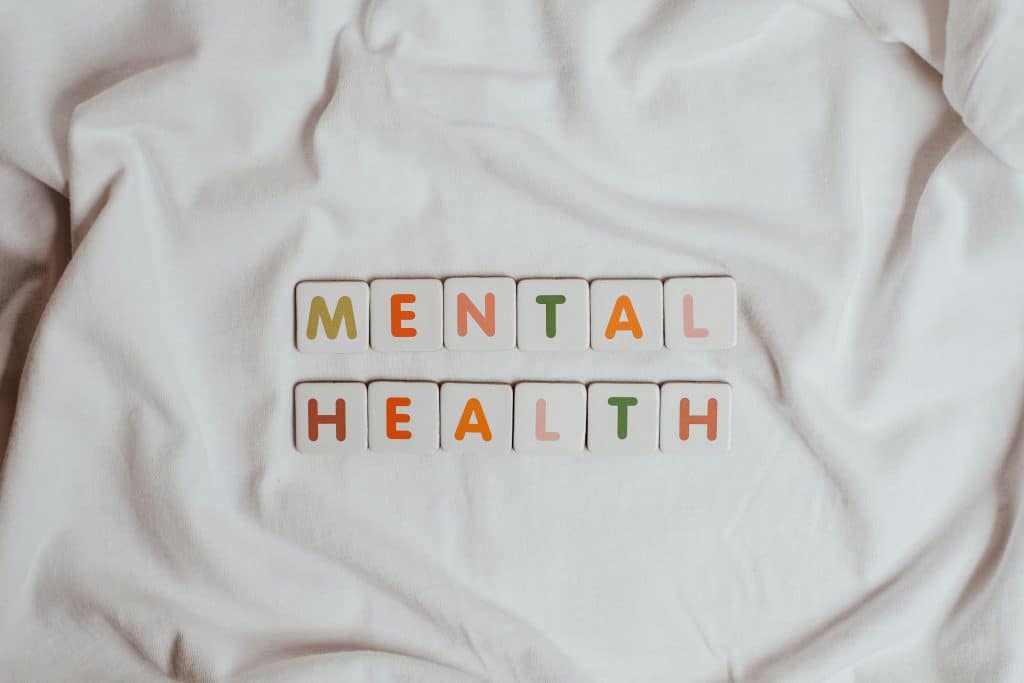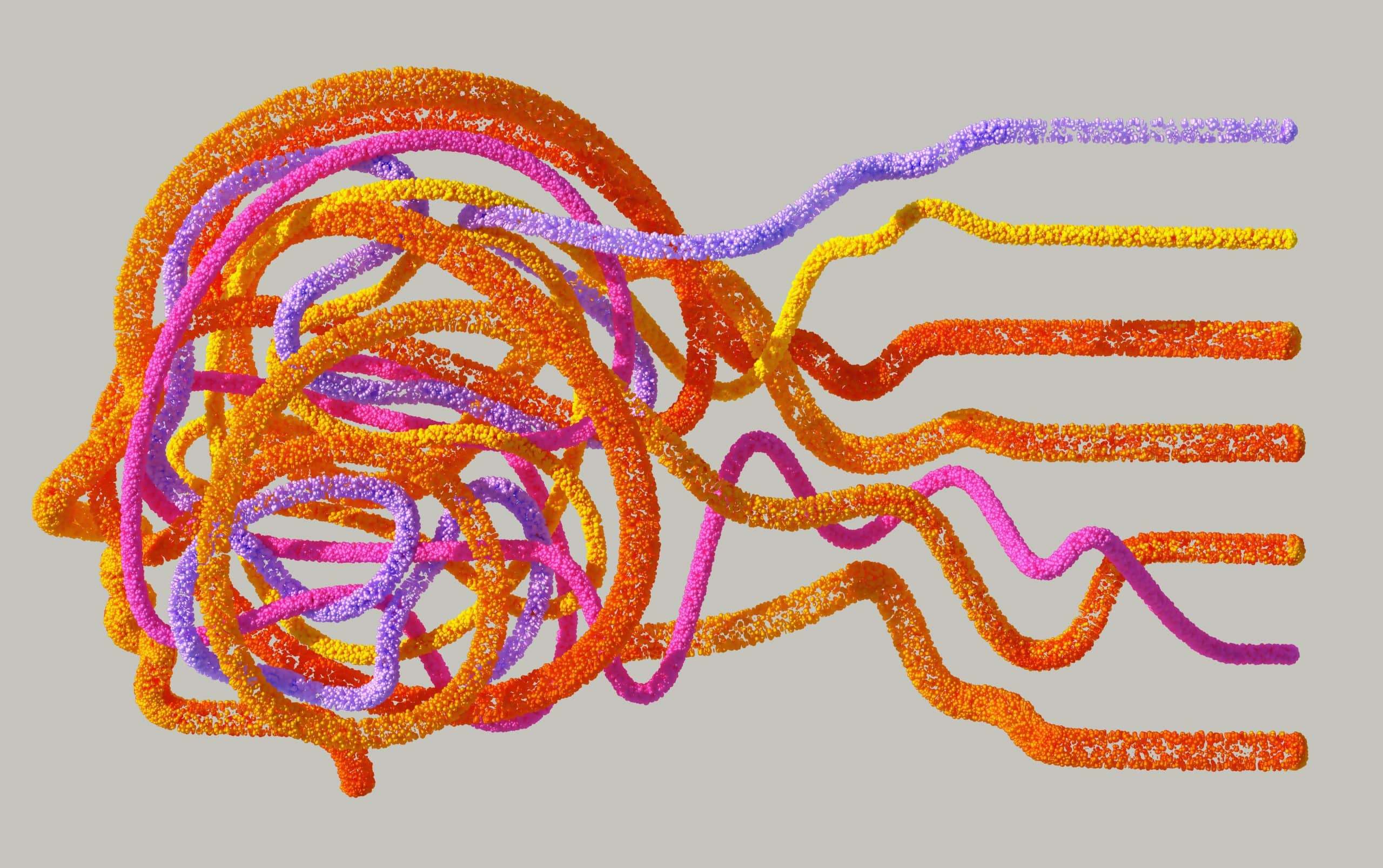Mental health is something we hear being talked about a lot nowadays, but what does it actually refer to? The truth is that mental health covers a broad spectrum of topics. It includes our emotional, psychological, and social well-being. It is how we think, feel, and act. How we handle stress and relate to others around us. It will even affect how we make decisions in everyday life.
Experiencing Mental Health Problems
How do we know if we are experiencing problems with our mental health? Well, what kind of thoughts are going through your head regularly? Are they positive or negative? What kind of mood are you in? Do you find yourself feeling angry, sad, or depressed more than happy, cheerful, and outgoing? Are you unable, or have the inability, to perform regular daily tasks like getting to work or even simply brushing your teeth in the morning? If you struggle to get through a regular day because even the smallest task feels like a daunting task, you may be experiencing mental health problems.
To be clear, just being lazy or weak does not mean that you are struggling with mental health. Some people are just that lazy. It is about recognizing changes in your mental or physical state. Factors can include biological, such as genes, a physical illness or injury, and even our brain chemistry. Your life experiences, such as trauma or abuse. Does your family have a history of mental health problems? Recognizing the early signs of mental health problems can greatly reduce the healing time it takes to get back on the right path.
8 Early Warning Signs:
- Eating or sleeping too much or too little
- Having little to no energy
- Feeling like nothing matters
- Experiencing mood swings
- Self-medicating with drugs or alcohol to feel numb
- Thinking about harming yourself or others
- Having thoughts or memories on repeat in your head
- The thought of being helpless or hopeless
How Can You Help Those in Need?
A person’s friends and loved ones can help make a big difference. Whether it is a child, an adolescent, or an adult, they all need the same thing: Support. The people closest to them can be important influences to get them the help they need. And no, it is not all about referring them to a mental health professional. It is about reaching out and letting them know you are there for them and available to help. It is about treating them with respect as you would anyone else. It is about learning some facts of your own and letting them know that it is a common issue nowadays, and it can 100% be treated and cured.
If we do not ignore the signs, we can help our loved ones reach their full potential. They can improve their health and wellness and live a self-directed life while breaking free of the trap they have been caught in. It will give them purpose in society and within their family. It will give them the confidence to overcome the fear of not being good enough. It will make them more productive while increasing the quality of their life. Because that is what we all want for our loved ones, right? For them to thrive and live their absolute best life.
Conclusion:
Mental health is something that we all need to be aware of. It affects how we live our lives. It can guide us towards positive things, or it can guide us towards negative things. If not recognised early enough, we can find ourselves facing a long path to recovery. If you find yourself experiencing symptoms, do not be afraid to ask for help. Do not fear being vulnerable. Vulnerability is a sign of strength and maturity. Embrace the process and take it one day at a time. You do not need to take giant leaps to get to the finish line. Small steps are just as effective when you are pointed in the right direction.










